One of the more surprising things I’ve learned in my years as a marriage and family therapist is that pets are more than just “man’s best friend”—most families see them as *actual* members of the family system.
The thing that finally made me see it clearly was grief.
(1)
The thing that finally made me see it clearly was grief.
(1)
Time after time I’d be bopping along helping a family (or individual) with transitions or communication or whatever else, and a pet would pass and the work STOPPED. Like, full halt, unable to move forward, capital T trauma kind of stop.
The grief was too REAL. (2)
The grief was too REAL. (2)
I’m not sure why this took me by surprise, but it did a bit. I think I was like most people—we know folks love their animals, and that animals are shown to improve quality of life.
But when pet-grief started to cause major depression episodes, (3)
But when pet-grief started to cause major depression episodes, (3)
and when sometimes the death of a pet affected clients just like (in intensity and effect) the loss of primary family members, it finally became clear what should have been obvious all along: our mammalian attachment to our pets FEELS like family bond attachments to many us. (4)
Our doggies and our kitties (etc) actually *are* members of our family.
Not just in a cutesy, fun, meme-worthy way.
In an actual, stability-providing, ventral-vagal-secure, attachment enhancing way that I think we need to do better as at acknowledging as a society. (5)
Not just in a cutesy, fun, meme-worthy way.
In an actual, stability-providing, ventral-vagal-secure, attachment enhancing way that I think we need to do better as at acknowledging as a society. (5)
I have seen pets be absolutely LIFE-CHANGING for clients who, for reasons of trauma or neurodivergence, did not have robust social or family networks as they tried to do therapeutic work. (6)
I have seen pets serve as the ONLY local family some folks have—as the only stable and consistent connections some clients experience in their home-base of nervous-system safety.
And clinically? It *actually works*, at least anecdotally in my experience (7)
And clinically? It *actually works*, at least anecdotally in my experience (7)
I’ve seen clients who feel totally isolated be able to move into a state of stable and secure attachment with a pet— this allows their nervous system to continue exploring broader connections as they shift the internal narrative of their world as one of danger to one of safety(8)
But the grief, again, is the thing that most blew me away.
The way we grieve our pets is identical to how we grieve our closest family ties…
(9)
The way we grieve our pets is identical to how we grieve our closest family ties…
(9)
It debilites us—the shock of loss.
It upends us.
Successful grieving of a pet is worked through the same way you would grieve anyone close to you: (10)
It upends us.
Successful grieving of a pet is worked through the same way you would grieve anyone close to you: (10)
We grieve a pet by: working through denial; commemoration; building loving symbols/monuments; lots of crying and distress and even anger as we seek acceptance; talking about our loved one/telling stories; tender and gentle rest.
Only, our world doesn’t accommodate this (11)
Only, our world doesn’t accommodate this (11)
Our world expects pet owners to cry a few sad tears, share a social media post and then rebound right back into life as if what was lost was a stuffy or a family heirloom or a toy—something sad to lose, but replaceable. (12)
We give no latitude for the reality of pet-grief.
We barely even recognize how shocking losing a pet can be—sometimes similar to the shock of losing any other family-attachment we see daily like a parent a sibling or a child—and we rarely give ourselves or others (13)
We barely even recognize how shocking losing a pet can be—sometimes similar to the shock of losing any other family-attachment we see daily like a parent a sibling or a child—and we rarely give ourselves or others (13)
credit for the realness of the connection, concern for the level of impact of the trauma of loss, or the room and space and validation to properly mourn these significant attachment severances. (14)
It goes without saying that there is likely rarely of ever any bereavement leave for this type of trauma; but what’s worse is that there isn’t the emotional and social empathy we need when this type of grief pummels us. People don’t get it. Often *we* don’t quite get it. (15)
So if you are someone who has ever wondered why your heart was so wounded at the loss of an animal, please just know, grief—sometimes at the level of a family member you see daily—is NORMAL when a pet does, at least from what I have observed clinically. (16)
We really do love these beings that live in our homes. They fill our hearts and they help us feel grounded and attached to the world around us. Grieving them is normal when they go. Real grief. Deep sorrow . Take the time to do so. (17)
It’s to the point, clinically, where even in intake, after asking if there are kids in the home, I ask “and are there any animals in your family?”
Faces light up when they get to share the names of these beloved beings in their life—when someone cares enough to ask. (18)
Faces light up when they get to share the names of these beloved beings in their life—when someone cares enough to ask. (18)
And I always write down the names and their ages of these beloved pets, and make special note. Because I know that if one of these members of the family happens to depart during the course of our work, whatever we are doing will have to stop (19)
And we will have to take time—sometimes several sessions, sometimes even more—to process a very real, very tender, very human (on our end) attachment wound at the loss of a connection that is both vivid and life-enhancing. (20)
Because in every way that matters to our mammal bodies:
PETS ARE FAMILY.
👩👩👦👦👨👩👧👦👩👧👦👩👦🐈⬛🐕🐈🐕🦺🦮🐩🐖(21)
PETS ARE FAMILY.
👩👩👦👦👨👩👧👦👩👧👦👩👦🐈⬛🐕🐈🐕🦺🦮🐩🐖(21)
Btw I would like to introduce you all to a this very important member of my own family: Princess Peach Weed (which yes, sounds like an edible 😂)




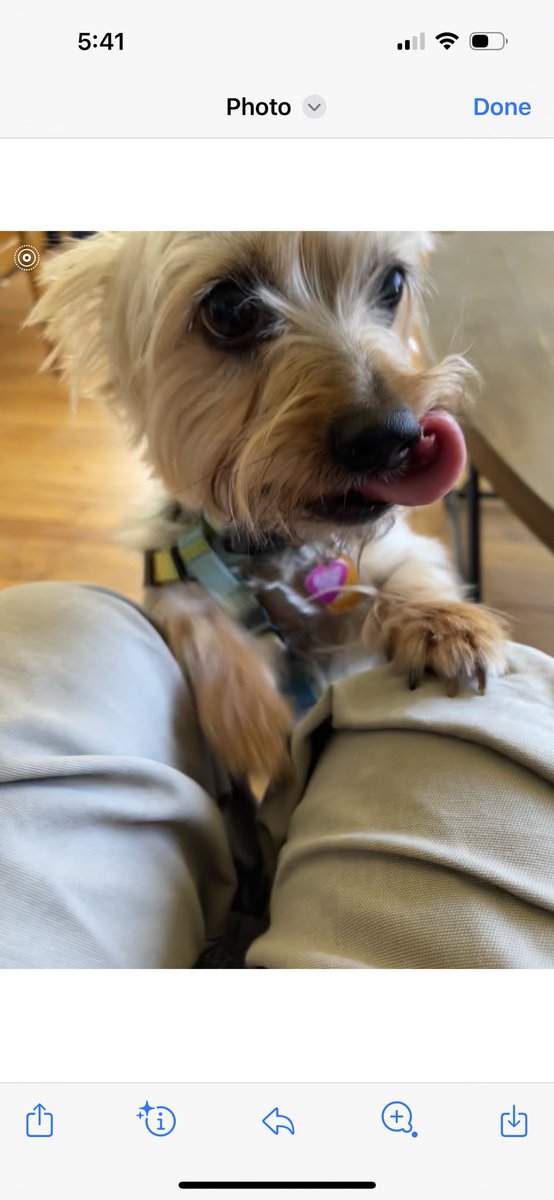
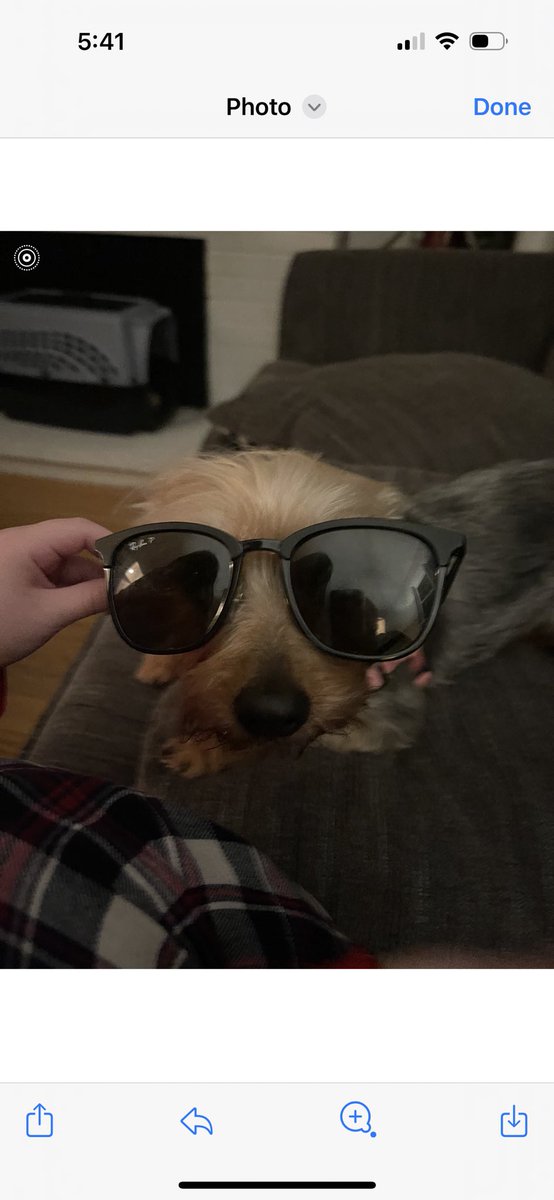
All right all right, YES I *will* share more photos of Princess Peach Weedenheimer Mayorga the Third
Way to twist my arm… 😉




Way to twist my arm… 😉
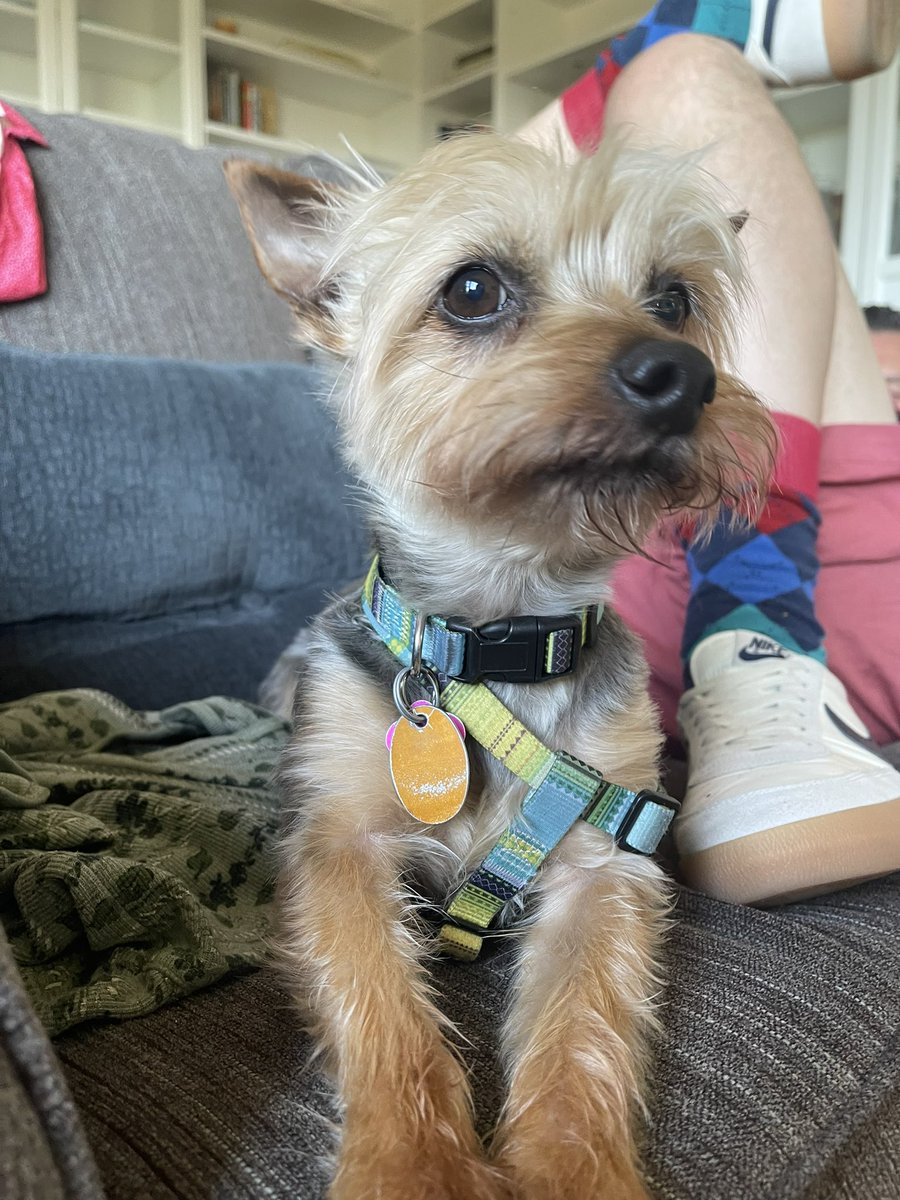
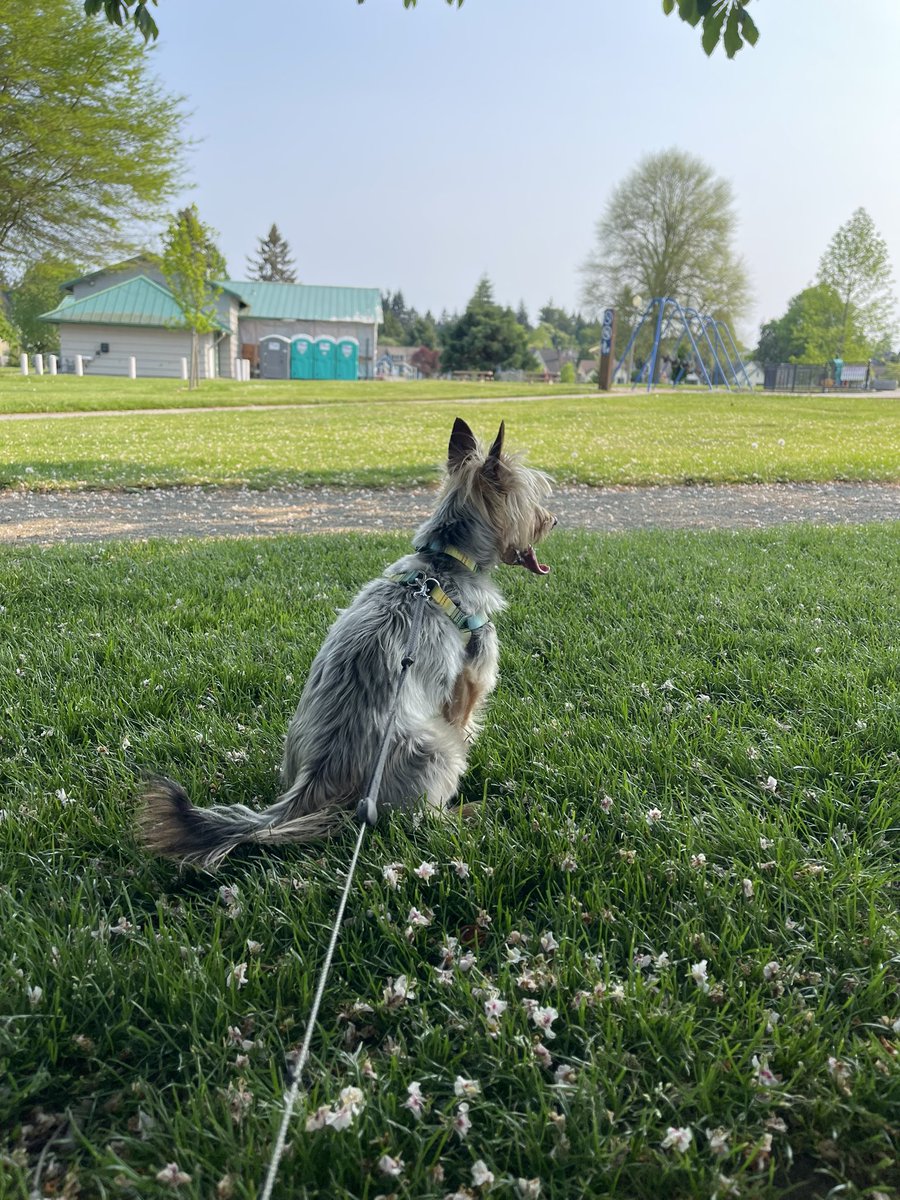

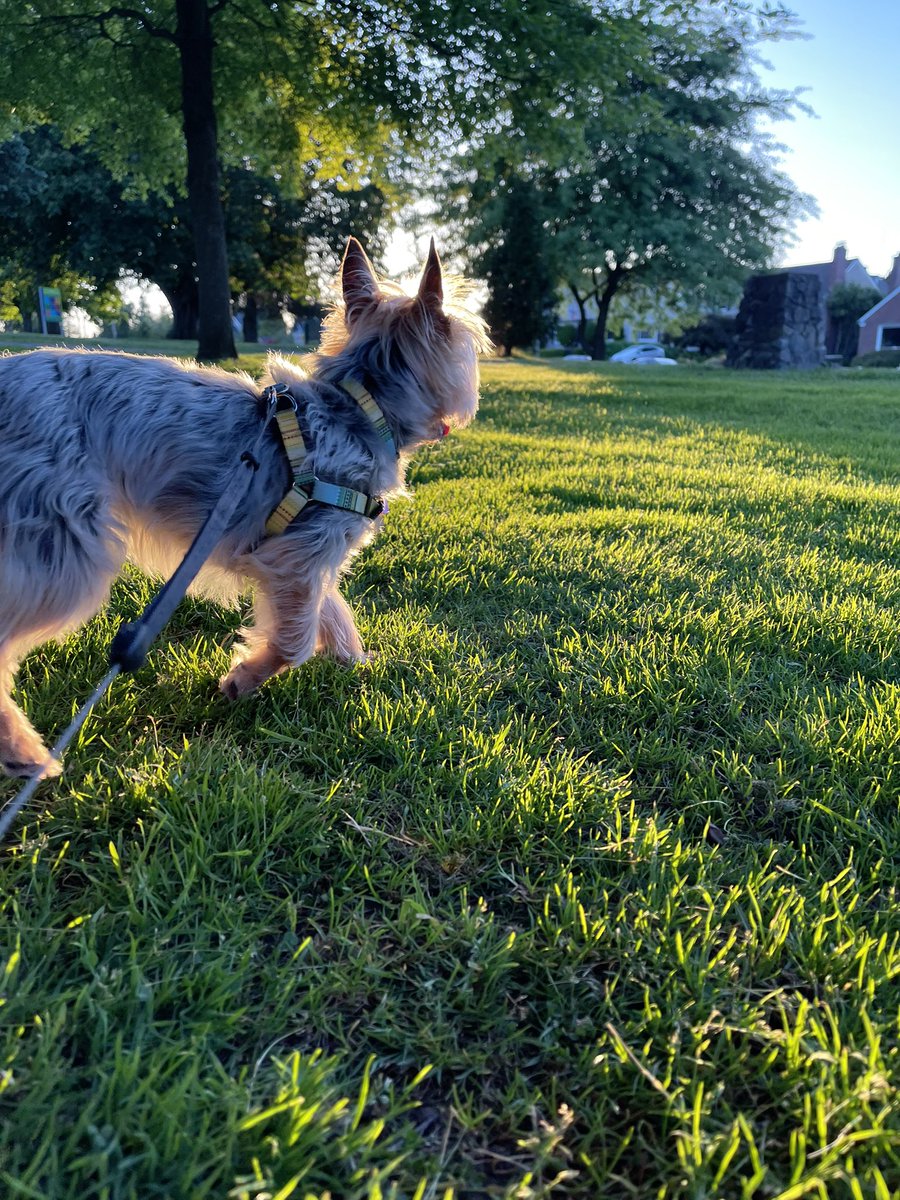
• • •
Missing some Tweet in this thread? You can try to
force a refresh




